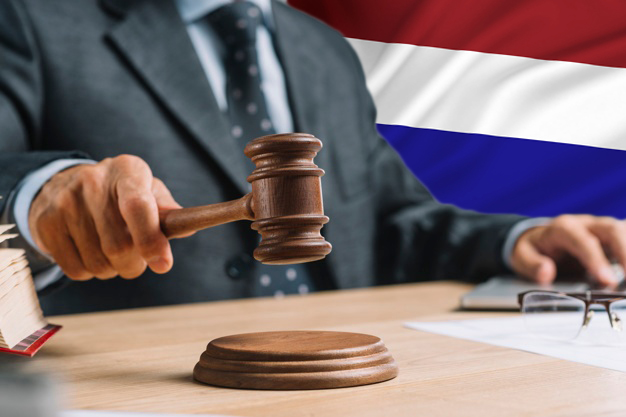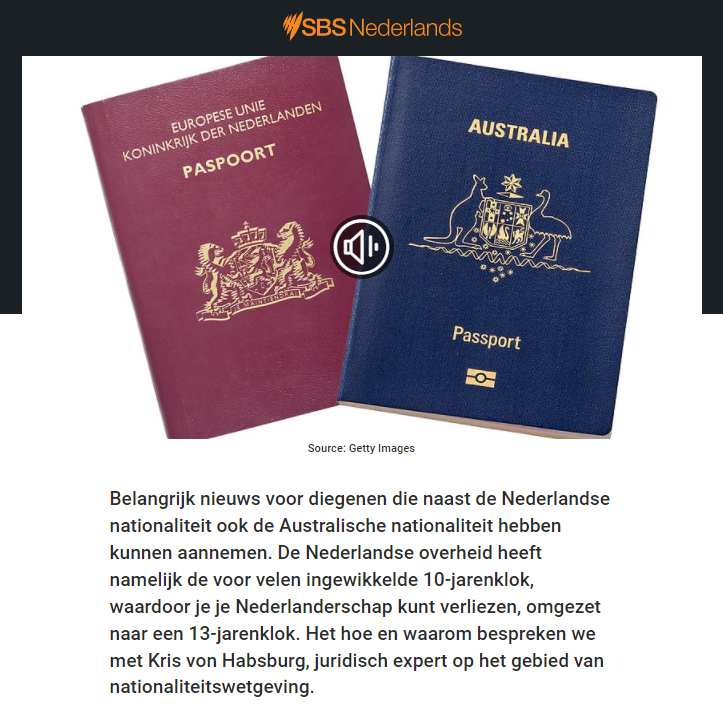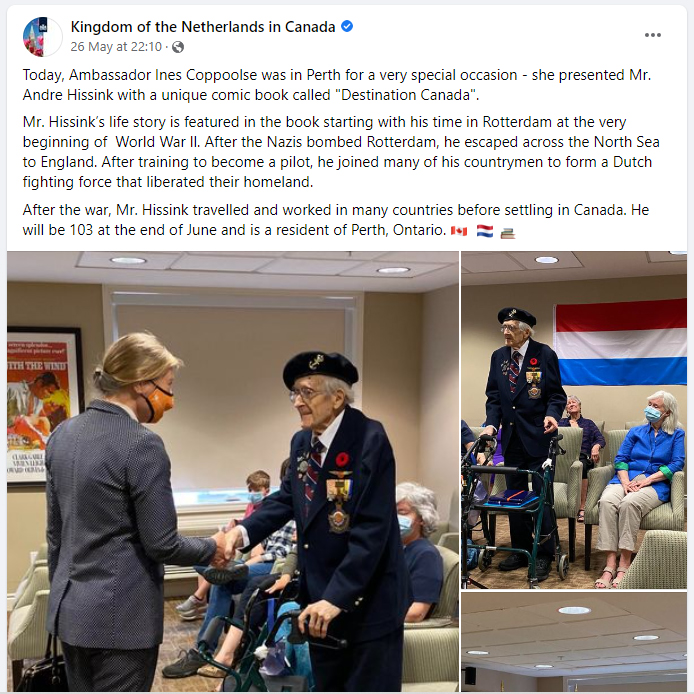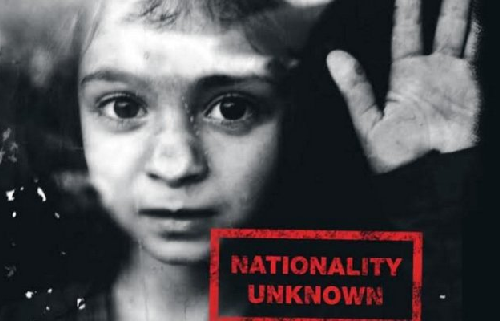
The UN Human Rights Committee has concluded that the Netherlands violated a child’s right to acquire a nationality. We would not think this from a country like the Netherlands. Folowing World War 2 there were many European refugees and disenfranchised people. Not just in Europe of course, and no, not just Jewish people. The European post war theatre saw a number of countries shuffling people over borders, into refugee camps, disowning anyone without a clear claim to a nationality/citizenship. This resulted in continued suffering long after the guns fell silent. Many states ultimately agreed that statelesness was a problem resulting in human suffering which should be avoided.
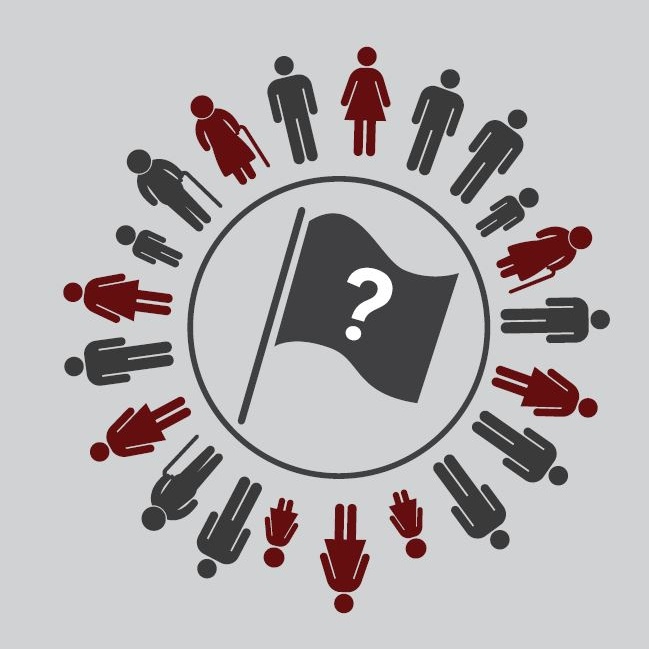
The Netherlands was a positive player from the beginning and voted for the Universal Declaration on Human Rights in 1948, the Convention relating to the Status of Stateless Persons of 1954, and the Convention on the Reduction of Statelessness of 1961 etc. However, while it has made certain provisions to ensure its own citizens don’t become stateless it failed to change its law for some other circumstances, other people. Ironically, the same group of people for which these conventions and protections were established, undocumented persons, immigrants and refugees. Worldwide there are estimated more than 10 million stateless people.
If you read the full case (available online here.) this will raise a few questions for the mother, the Dutch authorites, and even the absent father. However, it is the authorities we would certainly expect more from. However we may view the background to this case, a reasonable person would not question the innocent child who was born into this situation and so far grew up defacto stateless.
I will try to keep the background story short. Chinese teenager/minor is tricked and trafficked into the Netherlands. Having escaped her traffickers she reports herself to the police. Police fail to catch the traffickers. Unable to proof her nationality she applies for asylum which is rejected. She is then forced into prostitution. She escapes again and reports this. Again the police fail to build a case. She was given a temporary residence permit but when the police failed to build a case her residency status was revoked. (See below what options there are for a trafficked person.) A year later her son Danny was born. No appeals for residency were upheld and the mother is now classified as an illegal alien.
Since the birth of Denny, now 10 years old, the mother has approached the Chinese authorities several times to get her nationality confirmed, including with the help of the Red Cross. She also approached the Dutch authorities for assistance but both to no avail. With the mother’s nationality not being documented/proven and with the Dutch father not acknowledging the child, Denny was recorded by the Dutch authorities, and still is, as “nationality unknown”.
Nationality Unknown Limbo
Many years ago I came upon an individual in a USA Immigration detention center (prison with hundreds of detainees in one large barn-like space) Texas. He was pointed out to me as he had the pleasure of occupying his bunk bed for over 7 years. While he admitted to have entered the USA illegally and signed any documents to be deported/repatriated/removed they couldn’t remove him, and were in no real hurry either. The problem was that the gentleman his passport was lost in immigration’s administration. And when a new passport was requested from his Carribean country they could not (would not) assist. They couldn’t find his birth certificate. With a note of “Nationality Unknown” he could not be deported and neither was he allowed to regularise his status in the USA. Ironically his biggest wish was to be deported, “anywhere”… Limbo stories are unfortunately not uncommon and can be found worldwide.
The Netherlands is criticised because even though the mother and Red Cross tried to document her and her son’s nationality, they could not. In the process the Dutch government admitted that its laws are not set up for this and without evidence either way can’t conclude statelessness. According to the Dutch Central Bureau of Statistics, as of September 2016, 13,169 children under 10 years old were registered with “unknown nationality”, many of whom had been born in the Netherlands. So, poor Danny, who so far grew up in limbo, is unfortunately not alone.
The mother and child have lived now for years in Dutch immigration/removal centers (“restricted freedom centres”). I am sure a lot better than in the USA but still these are stressful surroundings and in my opinion not suitable for a child or the long term. I am not alone in that as the system has been severely criticized by children’s rights groups as “especially damaging and traumatic for children”. And what is the solution if there is no solution? Leave them there, forget about them?
Dutch law requires conclusive proof that Danny is without a nationality in order to change his status from “unknown” to “stateless” and to apply for international protection for stateless children. With no hope of getting further support from the Chinese or Dutch authorities, Denny and his mother filed their petition to the UN Committee in 2016. This decision took 4 years.
“States have the responsibility to ensure that stateless children under their jurisdiction who have no possibility to acquire any other nationality are not left without legal protection,” said committee member Shuichi Furuya. “The right to nationality ensures concrete protection for individuals, in particular children.”
The Committee pointed out that the Netherlands agreed as a signatory that an “unknown nationality” status should not be used for longer than 5 years. Meaning that someone in limbo should be given the opportunity to regularise their status within 5 years. The committee requested the Netherlands to review its decisions on Denny’s application to be registered as stateless in the civil registry, and on his application to be recognized as a Dutch citizen. It also urged the Netherlands to review its legislation to ensure that a procedure for determining statelessness status is established, as well as reviewing its legislation on eligibility to apply for citizenship.
Currently the Dutch nationality law Article 6 paragraph 1b has too many conditions for children like Denny. It states that a foreigner who was born stateless in the Netherlands can become Dutch after three years of ‘legally admitted’ and ‘residency’. The law may seem very reasonable but in these days of peace it is very rare to be born stateless in the Netherlands while having legal residency. For children like Denny the problem is first of all that there is no Dutch law to establish someone as stateless. It is mainly left to the individual to evidence his/her stateless status. However, if Denny was acknowledged by the Dutch authorities as being stateless then the law would still first requires a 3 year immigration status and residency.
In situations like these I would suggest that a judge or authority should be enabled to determine that Denny is defacto stateless for over 3 or 5 years and thus formally should be regarded as stateless since birth. With that conclusion and formal determination Denny could become a Dutch national without the help of his Dutch father. Mentioning this last to point out another issue in this case and in law. Let’s see how the legislators will react to this UN verdict.
Victims of Trafficking – what can you expect?
For victims of human trafficking lawful residence is very important as to be able to find some peace and build towards a normal life. Residency rights is also important to be able to participate in the criminal investigation and prosecution investigation. Victims of human trafficking are subject to the Residency Scheme for Human Trafficking, This does require the victim is recognised as a victim. Thus evidence and police prosecution of the culprits can become very important.
The Dutch Residency Scheme for Human Trafficking is implemented by the Immigration and Naturalization Service (IND) under the Aliens Act 2000 (Article 8k), Suspected victims of human trafficking are given a reflection period of a maximum of three months to decide whether they wish to report human trafficking or otherwise cooperate in a criminal investigation or prosecution investigation. The reflection period means that the IND will suspend the deportation of the suspected victim.
In accordance with the Residency Scheme the victims without a residence permit who report the crime can obtain a temporary residence permit for the duration of the investigation and prosecution, Aliens Act 2000, Article 3.48, paragraph 1a.
If a victim is unable to cooperate with the criminal investigation due to a medical condition, being a minor, or facing a serious threat of harm, he/she may also qualify for this residence permit, provided this is supported by a statement from the police, Royal Netherlands Marechaussee and/or a Medical statement.
After the criminal proceedings have ended, the temporary residence permit will expire. The victim can then submit an application for a residency permit on non-temporary humanitarian grounds on the basis of Article 3.51, paragraph 1k. Victims are eligible for this residence permit when:
- the public prosecutor decides to prosecute;
- the lawsuit is still pending and the victim has been in possession of a temporary residence permit for 3 consecutive years or more;
- there are special reasons for allowing the victim to stay in the Netherlands (such as the risk of reprisal upon return).
Victims who do not want to, or cannot, make use of the Residence Scheme for Human Trafficking and who do not have legal residence in the Netherlands, can also start an asylum procedure. Every asylum seeker has legal residence on the basis of Article 8 under f or h of the Aliens Act 2000.
As you can read between the lines, without proof, or your claim of being a victim being believed, a person is regarded as an illegal alien and deportation will be a real possibility. For many to be returned home is not a bad thing at all, but there are indeed circumstances where this is less than desirable and can indeed be a threat of bodily harm or worse. Any children born in these circumstances are therefore unfortunate innocent victims themselves. Any child should be allowed a safe home/upbriging in a welcoming and inclusive society.
